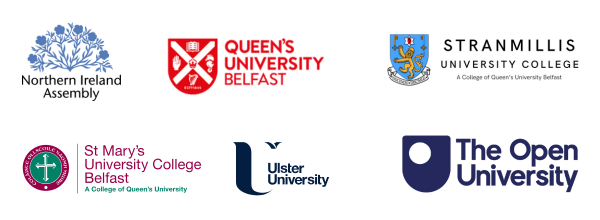Dr Sally Cook, Dr Paul McKenzie and Dr Stephen Roulston (Ulster)
This presentation highlights the communal divisions in one town in Northern Ireland, Coleraine, through the use of Global Positioning Systems (GPS) tracking. GPS can generate evidence to help us understand young people’s movements and geographies, particularly in a post-conflict context where notions of place, space and territory have such significance. The almost exclusive use of some spaces within this settlement by those identifying themselves as ‘Catholic’ or ‘Protestant is not surprising to those familiar with residential segregation in Northern Ireland. Other areas of the settlement appear to show space which is used by both groups equally, particularly in the town centre. While both shared and contested space is suggested within the settlement, the use of “shared” space is argued to be more nuanced than might at first be apparent and it may be that this space is co-used (used by each community but separately), rather than shared. Technology has much to tell us about the very different geographies faced by young people and potential links between a “poverty of geography” and low aspiration and achievement.
The presentation also explores incidental findings of the research, which highlighted other differences, meriting further discussion and study. There is considerable potential for GPS tracking devices used in combination with physical activity monitors, particularly looking at the impact of mobility patterns and activity on health, especially as risk factors for obesity in adolescents are higher in some socio-economic groups in Northern Ireland.
This seminar took place on 25th April 2018
Download:
Policy Briefing
Presentation



